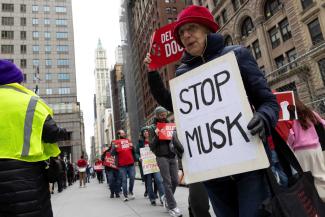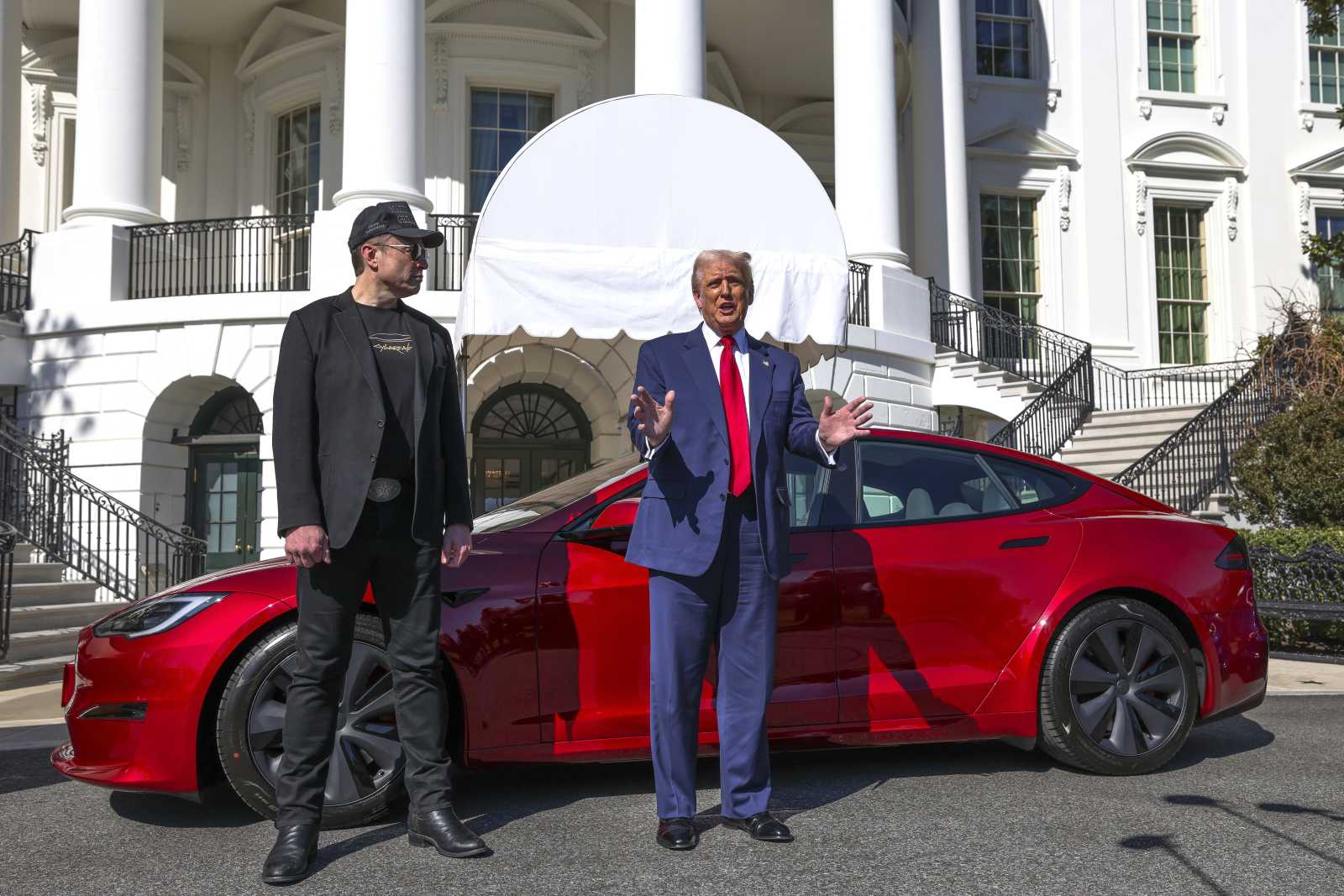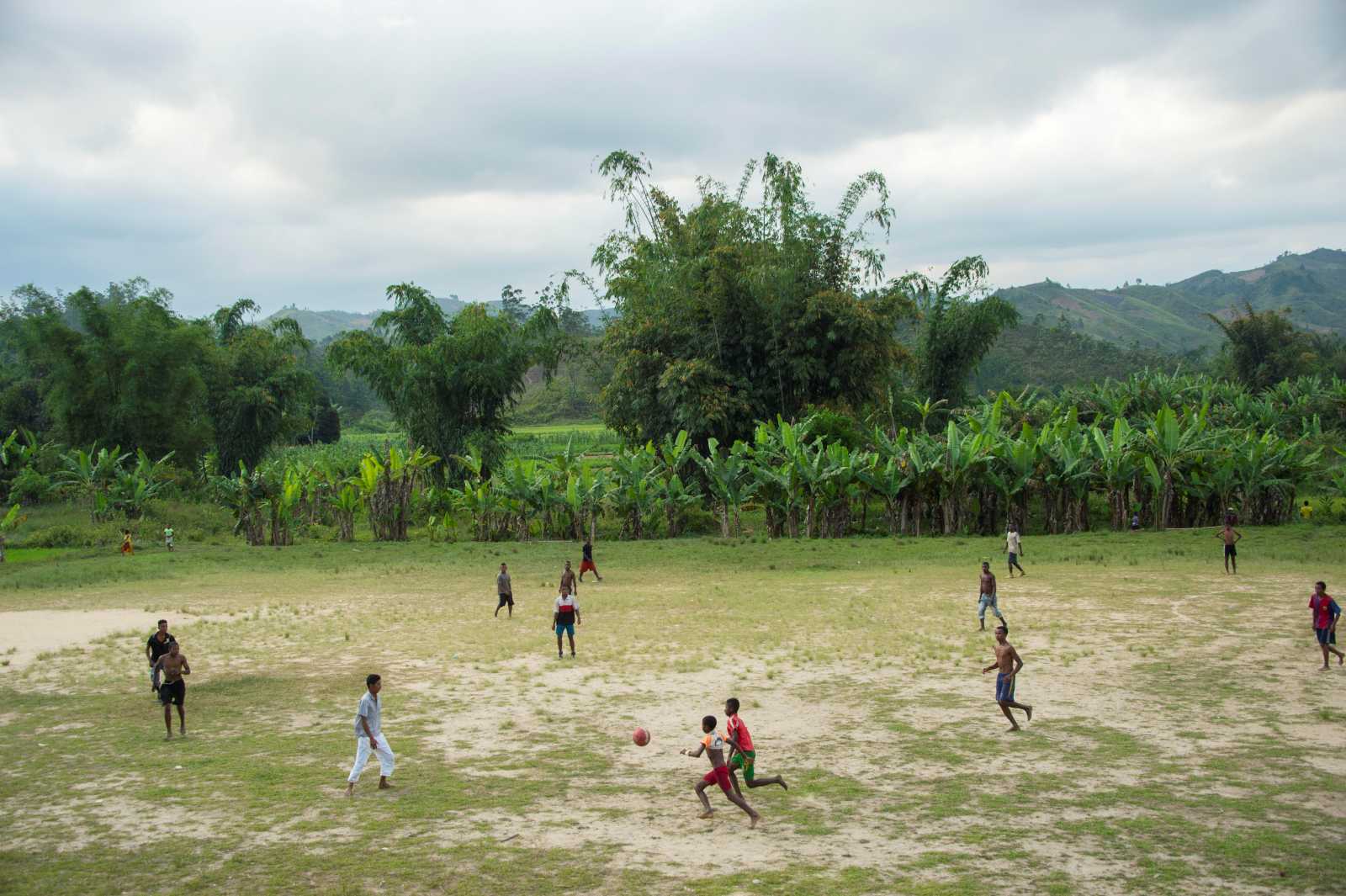Development politics
Global voices on ending USAID, part 2

The end of USAID has had a profound impact on the reproductive health of women in Africa and Asia. In total, MSI Reproductive Choices has lost $ 14 million in funding because it refused to comply with the rules and regulations of the Trump administration. This funding must now be replaced by other funds, as must a further $ 6 million for services previously provided by UN organisations, state health systems and other organisations. One of the countries most affected by the cuts is Zimbabwe, where a combined $ 6.5 million in USAID funding has been cancelled. Only by filling these service gaps in a timely manner can a significant increase in unintended pregnancies, unsafe abortions, and pregnancy-related deaths be avoided.
Across Africa, where I lead MSI’s work expanding access to lifesaving sexual and reproductive healthcare, the USAID cuts led by the world’s richest man are devastating for women living in the poorest communities of the continent. Denied this lifeline, women will no longer be able to safely space their pregnancies, pushing them further into the cycle of poverty, while those in the most desperate circumstances will be left with no option but to risk their lives by resorting to unsafe abortion.
Carole Sekimpi, Senior Director for MSI Africa Reproductive Choices
NGOs in Colombia are increasingly alarmed by significant cuts to the USAID budget, which will directly affect hundreds of social organisations that depend on US funding. The total amount of the cuts has yet to be officially confirmed. In 2023, USAID allocated nearly $ 400 million to Colombia.
The effects are already being felt. Among the hardest hit are programmes that provide psychosocial and legal support to victims of the decades-long armed conflict between guerrilla groups, the Colombian government, various paramilitary groups and drug gangs, which has claimed hundreds of thousands of lives; as well as initiatives to replace the illegal economy in rural areas; and protection and rapid response mechanisms for threatened community leaders and human-rights defenders. Several NGOs running these projects report hiring freezes, they tune down their objectives and, in some cases, may have to suspend their activities if they don’t find alternative sources of short-term funding.
It is estimated that more than 200 organisations that have received USAID funding over the past five years to implement peace and development projects are now facing severe financial uncertainty. “It’s not just the money, it’s the signal it sends,” the coordinator of a women’s empowerment project in Catatumbo told me. She said: “These programmes are crucial where the state is weak. We are talking about support for communities that have suffered decades of violence and abandonment.”
The US budget cuts highlight the dependence of Colombia’s social sector on international financial support. The challenge now is twofold: for organisations to diversify their sources of income and for the Colombian government and international actors to assess how to mitigate the impact on vulnerable populations and to ensure the implementation of the peace agreement between the Colombian government and the FARC guerrillas. Key aspects of the agreement signed in 2016 depended, in part, on these funds.
Leonardo Jiménez García is a consultant in communication for social change processes and a lecturer in communication and social research methodologies
The US funding cuts are not only a breach of international solidarity – they are dramatically worsening existing crises and putting millions of lives at risk worldwide. In our project country Uganda, HIV could spread unchecked; in Afghanistan, cases of polio could rise again.
As a Germany-based organisation, we see it as our duty to stand in solidarity. Now, more than ever, Germany must live up to its responsibility as one of the world’s largest donors and act as a reliable partner. Sustainable development benefits us all.
Hila Limar is chairwoman of the board of Visions for Children e. V.
If you want to share your experience, please write us at euz.editor@dandc.eu.















